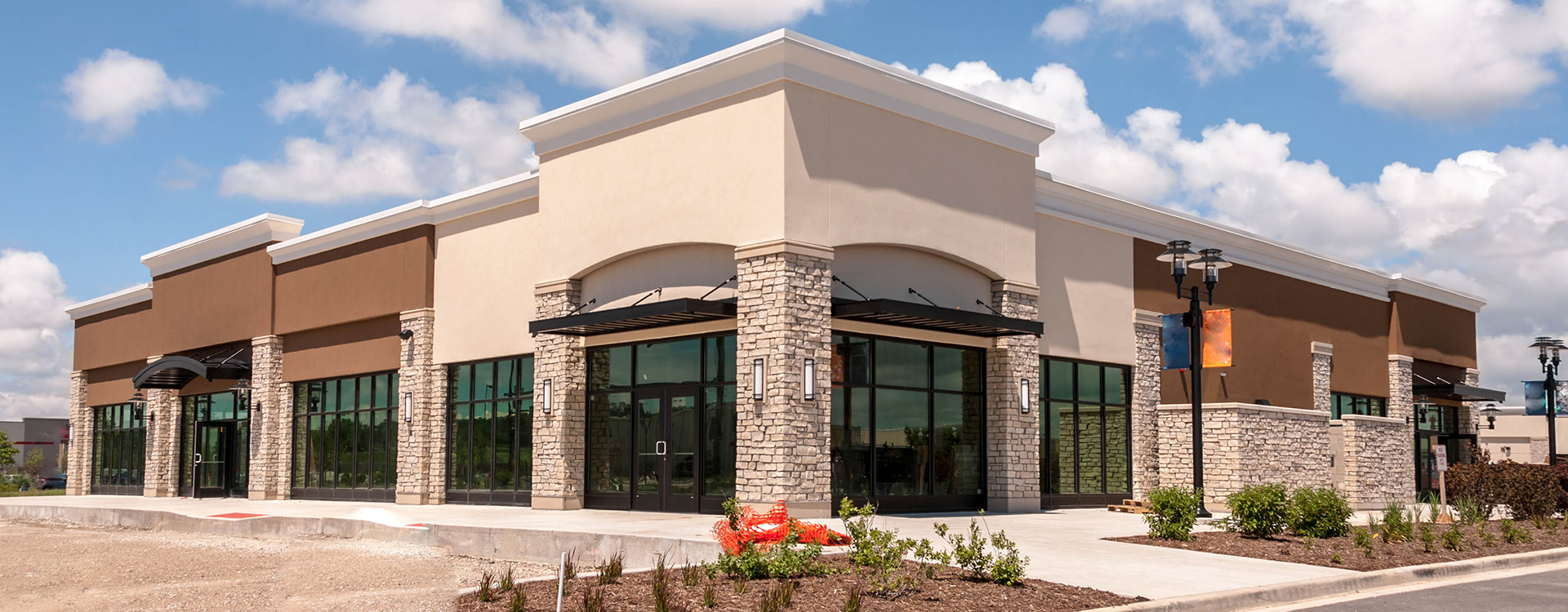BUSINESS
GENERAL
LIABILITY
Broad Range of General Liability Protection
- Bodily Injury, including the cost of care, the loss of services, and the restitution for any death that results from injury
- Property Damage coverage for the physical damage to property of others or the loss of use of that property
- Products-Completed Operations provides liability protection (damages and legal expenses up to your policy's limit) if an injury ever resulted from something your company made or service your company provided
- Products Liability is a more specialized product liability insurance that protects your company against lawsuits from product-related injury or accidents
- Contractual Liability extends to any liability you may assume by entering into a variety of contracts
- Other coverage includes: Reasonable Use of Force; Borrowed Equipment; Liquor Liability; Non-Owned Vehicles (such as aircraft and watercraft); Fire, Lightning or Explosion Damage; Water Damage Liability Protection; Legal Defense Costs; Medical Payments; Personal Injury; Advertising Injury; and specialized liability protection for specific business types
BUSINESS
FLEET,
COMMERCIAL AUTO
As a business owner, you need the same kinds of insurance coverages for the car you use in your business as you do for a car used for personal travel — liability, collision and comprehensive, medical payments (known as personal injury protection in some states) and coverage for uninsured motorists. In fact, many business people use the same vehicle for both business and pleasure. If the vehicle is owned by the business, make sure the name of the business appears on the policy as the “principal insured” rather than your name. This will avoid possible confusion in the event that you need to file a claim or a claim is filed against you.
Whether you need to buy a business auto insurance policy will depend on the kind of driving you do. A good insurance agent will ask you many details about how you use vehicles in your business, who will be driving them and whether employees, if you have them, are likely to be driving their own cars for your business.
While the major coverages are the same, a business auto policy differs from a personal auto policy in many technical respects. Ask your insurance agent to explain all the differences and options.
BUSINESS
WORKERS
COMPENSATION
Workers compensation laws were created to ensure that employees who are injured on the job are provided with fixed monetary awards. This eliminates the need for litigation and creates an easier process for the employee. It also helps control the financial risks for employers since many states limit the amount an injured employee can recover from an employer.
Workers Compensation Insurance is designed to help companies pay these benefits. As a protection for employees, most states require that employers carry some form of Workers Compensation Insurance. Workers Compensation Insurance is not health insurance. Workers Compensation is designed specifically for injuries sustained on the job.
In most states, if you have employees, you are required to carry Workers Compensation coverage. Even in non-mandatory states, it can be a very good idea, particularly if you have many employees, or if they are engaged in hazardous activities.




